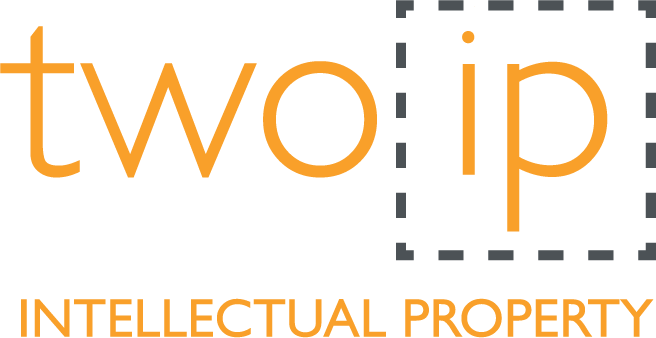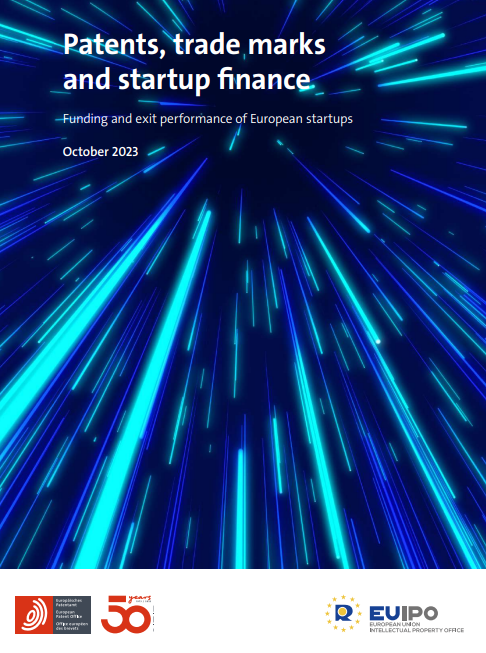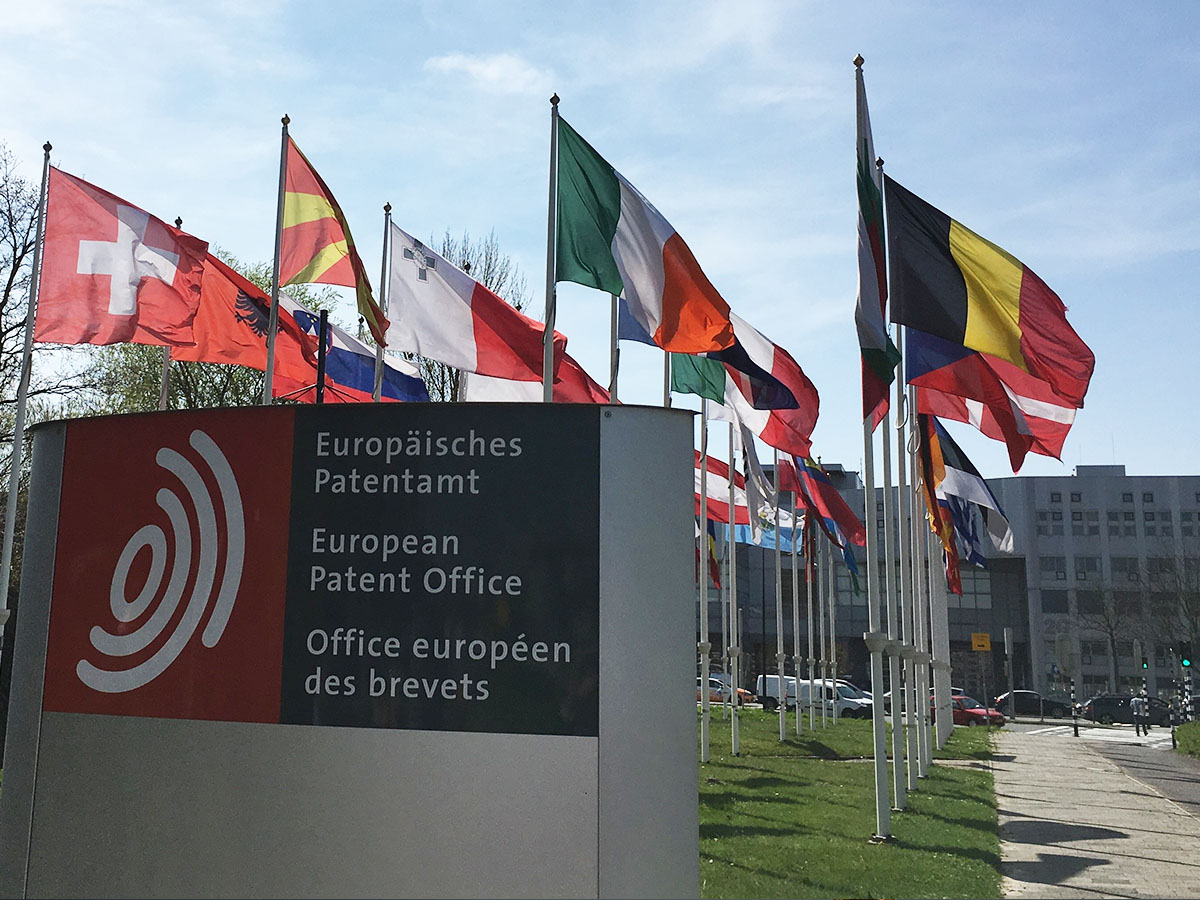The European Patent Office (EPO) and European IP Office (EUIPO) have recently released a study looking at the finance and exit performance of European startups – it found that innovative startups with patent and trade mark applications are 6 times more likely to get VC funding and more than twice as likely to make a successful exit for investors and founders.
We take a look at the study’s findings and discuss why, if you are a startup, protecting your Intellectual Property (IP) might give you so much advantage.
What did the study find?
Filing patent and trade mark applications in the seed or early growth stages is associated with a higher likelihood of obtaining VC funding. The effect of applying for IP protection in the early stage is particularly noticeable. Startups that have filed trade mark applications are 4.3 times more likely to get seed funding, and for those that have filed patent applications the effect is even more significant – they are 6.4 times more likely to receive seed funding.
The positive effect of IP protection is even stronger in the early growth stage. Startups with an EU trade mark application have a 6.1 times higher likelihood of obtaining early-stage funding and those that have filed a national trade mark application are 2.8 times more likely to obtain funding, compared to startups with no trade mark protection. European patents/applications are associated with a 5.3 times higher likelihood of obtaining early-stage funding, and startups that have filed national patent applications are 3.8 times more likely to be successful in early-stage funding rounds, compared to startups with no patent applications or patents.
And the effect continues at exit. Companies that have filed patent and/or trade mark applications are more than twice as likely to result in successful exit for investors, with a higher likelihood being observed for companies that have obtained European patents and/or trade marks than for those that only have national patents and/or trade marks.
On average, across all areas of technology, 29% of European (including the UK) startups have applied for national or European patents and trade marks. Biotechnology is by far the most IP intensive sector, with nearly half of startups obtaining patents or registered trade marks. Other IP-intensive sectors include science and engineering (25% file patent applications and 38% file trade mark applications), healthcare (20% obtain patents and 40% trade marks) and manufacturing (20% obtain patents and 36% obtain trade marks).
You can find out more by listening to the EPO Podcast episode about the study, its methodology and its findings here.
Why does IP protection have such a positive effect?
For many VC investors, reviewing a startup’s IP portfolio is one of the key assessments that they make when deciding whether or not to invest, and on what terms. So why does IP protection matter to VCs?
A strong IP portfolio can give a startup a significant competitive advantage, with patent protection in particular offering potential market dominance and higher revenue potential. The ability to prevent others making or selling competing products also protects the VC investors’ funds – a strong patent portfolio can create a significant barrier to entry into a new technology area, discouraging both established competitors and those looking to move into the sector from attempting to copy your technology.
A strong IP strategy is also critical to a startup achieving its business goals and growth potential. All companies have a business strategy and technology led companies have an R&D strategy that supports the business strategy. The most successful technology led companies also have an IP strategy. You can read more about what to include in your IP strategy in our blog article here.
Ownership of patents, trade marks and designs is associated with better performance in terms of job creation and productivity (revenue per employee). And companies are active in obtaining IP rights are more likely than other companies to experience high growth in subsequent years. VC investors are looking for both.
IP rights can also be valuable business assets in and of themselves, which can also influence the funding amount that a VC is willing to offer in return for an equity holding in the company. It is also worth remembering that IP can be licensed, or used as the basis for strategic partnerships, both of which can generate income. VCs are looking for a plan to monetize the IP rights in a startup as both can potentially result in higher returns on their investment.
And finally, like everyone, VC investors want to avoid pain. Investing in startups can be a risky business, and VCs generally aim to mitigate those risks as much as possible. Strong patent and trade mark protection, as well as a good understanding of the IP landscape and Freedom to Operate (FTO) within it, mitigates those risks. Expect any VC worth their money to take a long, hard look at your portfolio and to ask difficult questions about FTO.
How can we help?
For startups, both IP protection and funding are critical – we can help you with getting appropriate IP protection. For VC investors, there is a need to be able to screen and evaluate startups that are developing original products – we can assess IP portfolio’s and advise on how strong they are.
Are you in the early stages of a start up business or a VC investor looking for expert help?
For guidance, support and advice from our team, contact us by email here or visit our website www.two-ip.com.


